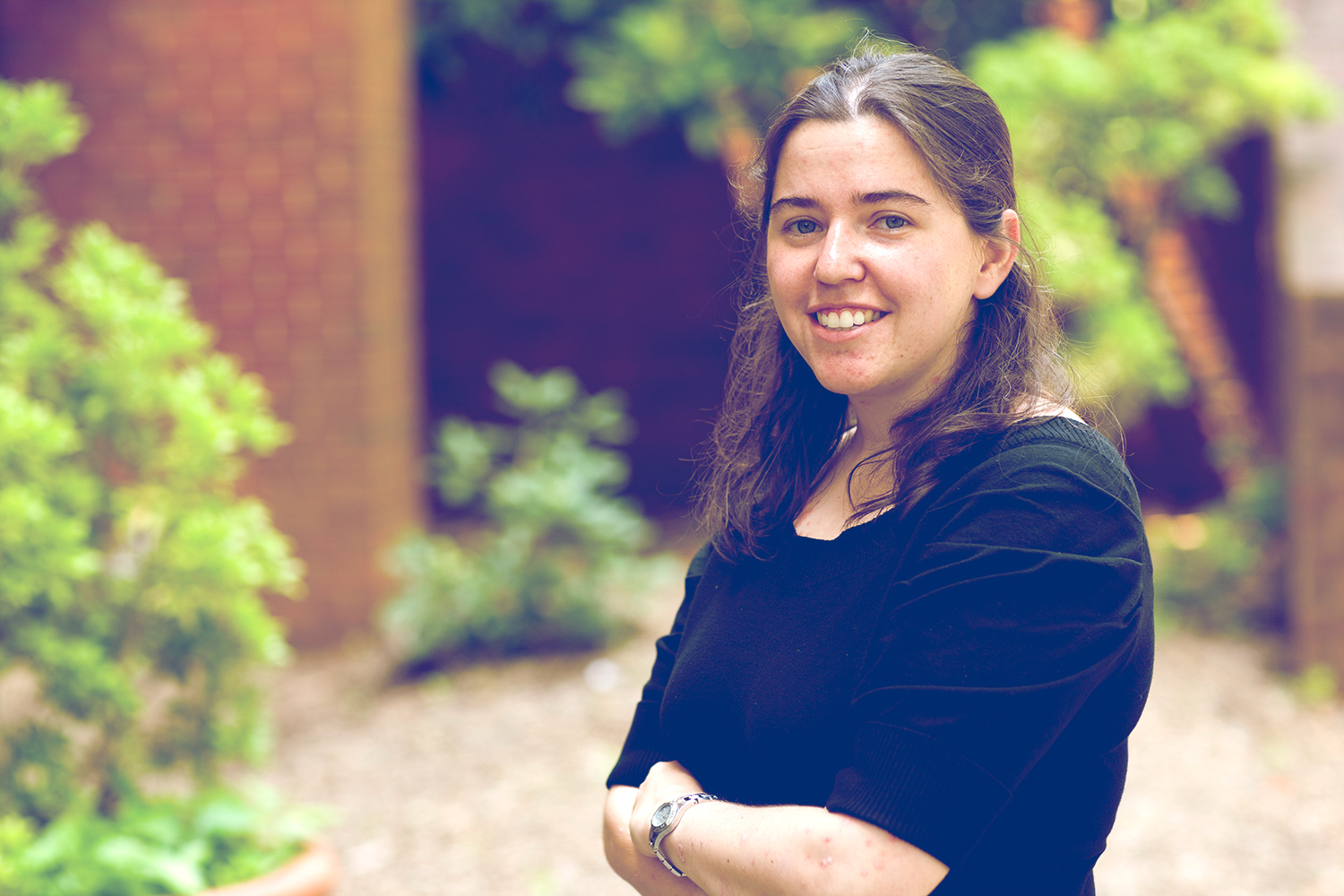Daphna Bassok, a professor in the University of Virginia’s Curry School of Education, was recently selected as one of 102 recipients of the Obama administration’s Presidential Early Career Awards for Scientists and Engineers – the highest honor bestowed by the United States government upon science and engineering professionals in the early stages of their independent research careers.
“I am just extremely honored to receive this award from President Obama, whose commitment to scientific rigor and evidence-based social policy has been so inspiring to me,” Bassok said. “It is exciting to have work that is focused on early childhood quality improvement be recognized alongside the work of such an incredibly impressive group of scientists.”
A former elementary school teacher, Bassok has spent her career in academia researching the impact that high-quality early childhood experiences can have on children. She is currently leading a partnership with the Louisiana Department of Education that seeks to overhaul its early childhood education system, in part by making high-quality opportunities become more accessible.

“The goal there is to use accountability systems to improve the quality of teacher-child interactions, and to make sure parents know which programs are the highest quality,” Bassok said.
UVA Today recently caught up with Bassok to talk more about her research and her prestigious honor.
Q. What led you to pursue a career dedicated to early childhood research?
A. My interest in early childhood education stems from my own work as a kindergarten-through-second-grade teacher. As a novice teacher, I was blown away by the differences I observed between the kindergarteners in my class who had gone to preschool and those who hadn’t. I found myself thinking about this often and wondering to what extent access to high-quality, early childhood experiences could help narrow achievement gaps between low- and high-income children.
Q. What evidence can you point to that suggests early childhood experiences can have long-term impacts?
A. Over the past three decades a large body of evidence from education, developmental psychology, neuroscience and economics has demonstrated that early childhood is a particularly malleable time in the life course and that interventions targeted toward this period can have long-lasting and cost-effective impacts.
We have particularly compelling evidence from randomized experiments, which show that low-income children randomly assigned to receive an intensive and high-quality early childhood experience do substantially better on a whole host of adult outcomes.
Today, the question is no longer, “Can early childhood experiences make a long-term impact?” We know they can. What we need to know now is, “How can we ensure that all children have access to the kind of high-quality, early childhood experience that are necessary to ensure long-term benefits?”
Q. Who can benefit from learning how to ensure high-quality, early childhood experiences?
A. Too many parents in the United States cannot find or afford early childhood programs for their young children that both support their children’s development and simultaneously meet the family’s needs for reliable child care. It’s a costly missed opportunity because affordable, high-quality, early childhood opportunities can be game-changing, not only for the children themselves, but for their families and society more broadly.
Q. Can you tell us more about your work with the Louisiana Department of Education?
A. In 2014, I received a grant from the Institute of Education Sciences for a project called “Building effective state-wide quality rating strategies for early childhood system reform.” We are working in partnership with the Louisiana Department of Education as they overhaul their early childhood system. Their overarching goal is to ensure all children from birth to age 5 have access to high-quality, early learning opportunities, and they’ve been pretty innovative in trying to get there.
There are two major arms to our work. One has to do with how Louisiana defines and measures “high-quality.” Unlike lots of other states – which focus on “structural” features of early childhood, like class sizes or teacher child ratios – Louisiana is moving toward a system that is much more focused on measuring the true quality of teacher-child interactions. They have built a system through which every publicly funded, early childhood classroom in the state gets observed multiple times a year.
Our team at UVA is helping Louisiana find the best ways to measure, incentivize and support high-quality learning environments for young children.
The other arm of the work is about helping low-income parents make informed decisions about where to send their young children to school. Right now, parents have a really difficult time finding an affordable program, and an even tougher time finding one that is high-quality. In our partnership with Louisiana, we are working on ways to make it easier for parents to identify the programs that are best for their kids.
Q. What is the ultimate goal of this project?
A. The ultimate goal is to understand how we can provide high-quality, early childhood opportunities at scale. Our work is about bringing years of rigorous research on child development and effective early childhood interventions into the messy, complex reality of state systems where there are so many constraints and moving pieces.
Working with Louisiana has been an incredible opportunity because they have been so collaborative and committed to using data and evidence to shape their policy decisions. I hope the lessons we learn from this collaboration will help in other contexts nationwide.
Media Contact
Article Information
January 23, 2017
/content/white-house-honors-curry-professors-work-get-children-strong-start

